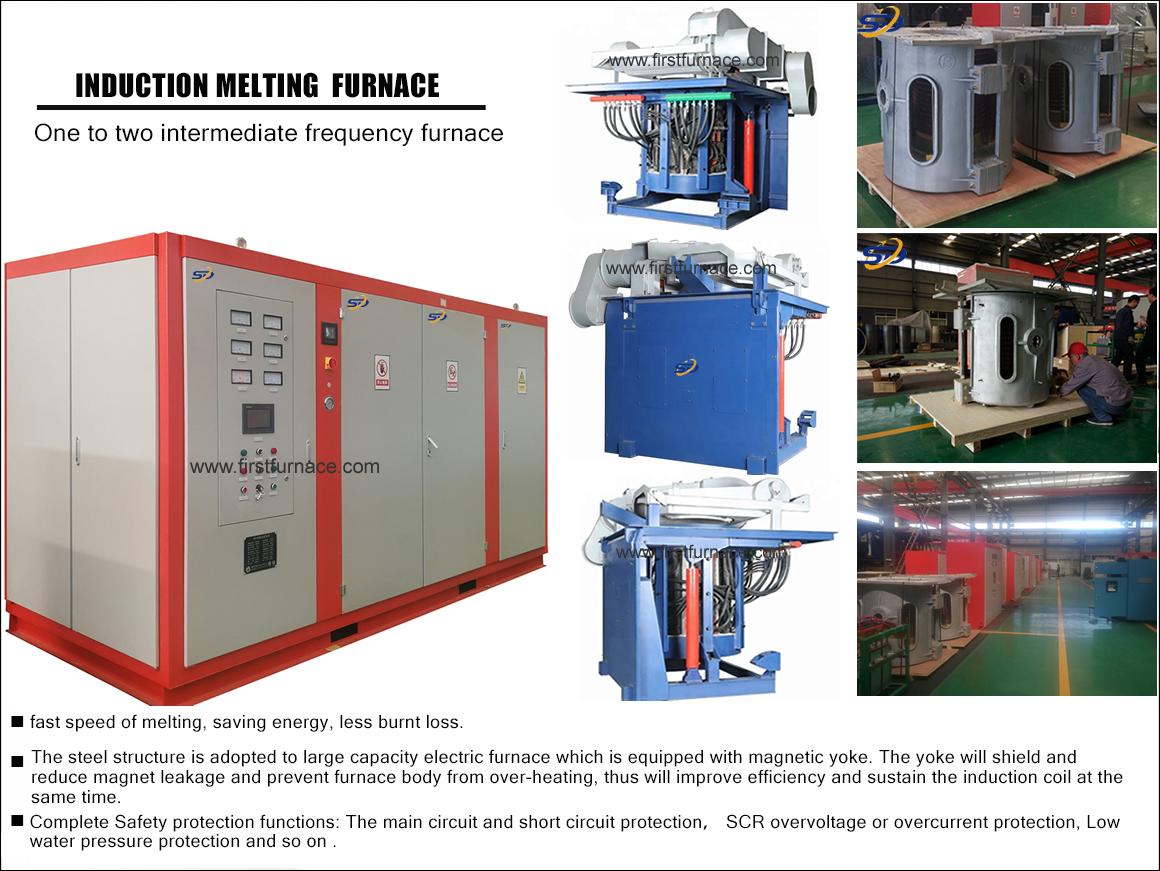Sales hot line ( 24 hours service): 18037961302
E-Mail: firstfurnace@gmail.com
whatsapp:+8618037961302
Adress: Luoxin Industrial Park, Luoyang, HenanLarge diameter steel pipe quen
Piston rod quenching and tempe
Grinding rod quenching and tem
High frequency induction heate
Quenching equipment for machin
Round steel end heating furnac
Steel pipe heat treatment prod
Square steel quenching and tem
Sucker rod quenching and tempe
Thickened petroleum steel pipe
Round steel quenching and temp
Steel pipe quenching and tempe
Steel plate quenching and temp
Induction Hardening Machine&nb
Flywheel ring gear high freque
How to correctly select silicon controlled components for induction melting furnace
The correct selection of power electronic devices such as thyristors and rectifiers is of great significance to ensure the reliability of the induction melting furnace and reduce the cost of the induction melting furnace. The selection of components should comprehensively consider factors such as its use environment, cooling method, circuit type, load properties, etc., and take into account economy under the condition of ensuring that the parameters of the selected components have margins.
Since the application fields of power electronic devices are very wide, and the specific application forms are various, the following only describes the selection of thyristor components in rectifier circuits and single-phase intermediate frequency inverter circuits.
1 Rectifier circuit device selection
Power frequency rectification is one of the most commonly used fields of SCR components. The component selection mainly considers its rated voltage and rated current.
(1) The forward and reverse peak voltages VDRM and VRRM of the thyristor device :
It should be 2-3 times of the maximum peak voltage UM that the component actually bears , that is, VDRM/RRM=(2-3)UM . The UM values corresponding to various rectification circuits are shown in Table 1 .
(2) Rated on-state current IT (AV) of the thyristor device :
The IT (AV) value of the thyristor refers to the average value of the power frequency sine half-wave, and its corresponding effective ITRMS=1.57IT(AV) . In order to prevent the component from being damaged by overheating during operation, the actual effective value flowing through the component should be equal to 1.57IT(AV) after being multiplied by a safety factor of 1.5-2 . Assuming that the average load current of the rectifier circuit is Id and the effective value of the current flowing through each device is KId , the rated on-state current of the selected device should be :
IT(AV)=(1.5-2)KId/1.57=Kfd*Id
Kfd is the calculation coefficient. For the control angle α= 0O , the Kfd values under various rectifier circuits are shown in Table 1 .
Table 1: The maximum peak voltage UM of the rectifier device and the calculation coefficient Kfd of the average on-state current
|
Rectifier circuit |
Single phase half wave |
Single double half wave |
Single bridge |
Three phase half wave |
Three-phase bridge |
With balanced reactor Double reverse star |
|
UM |
U2 |
U2 |
U2 |
U2 |
U2 |
U2 |
|
Inductive load |
0.45 |
0.45 |
0.45 |
0.368 |
0.368 |
0.184 |
Note : U2 is the effective value of the secondary phase voltage of the main loop transformer ; the single half-wave inductive load circuit has a freewheeling diode.
When selecting the component IT (AV) value, the heat dissipation mode of the component should also be considered. In general, the rated current value of the same component of air cooling is lower than that of water cooling ; in the case of natural cooling, the rated current of the component should be reduced to one-third of the standard cooling condition.
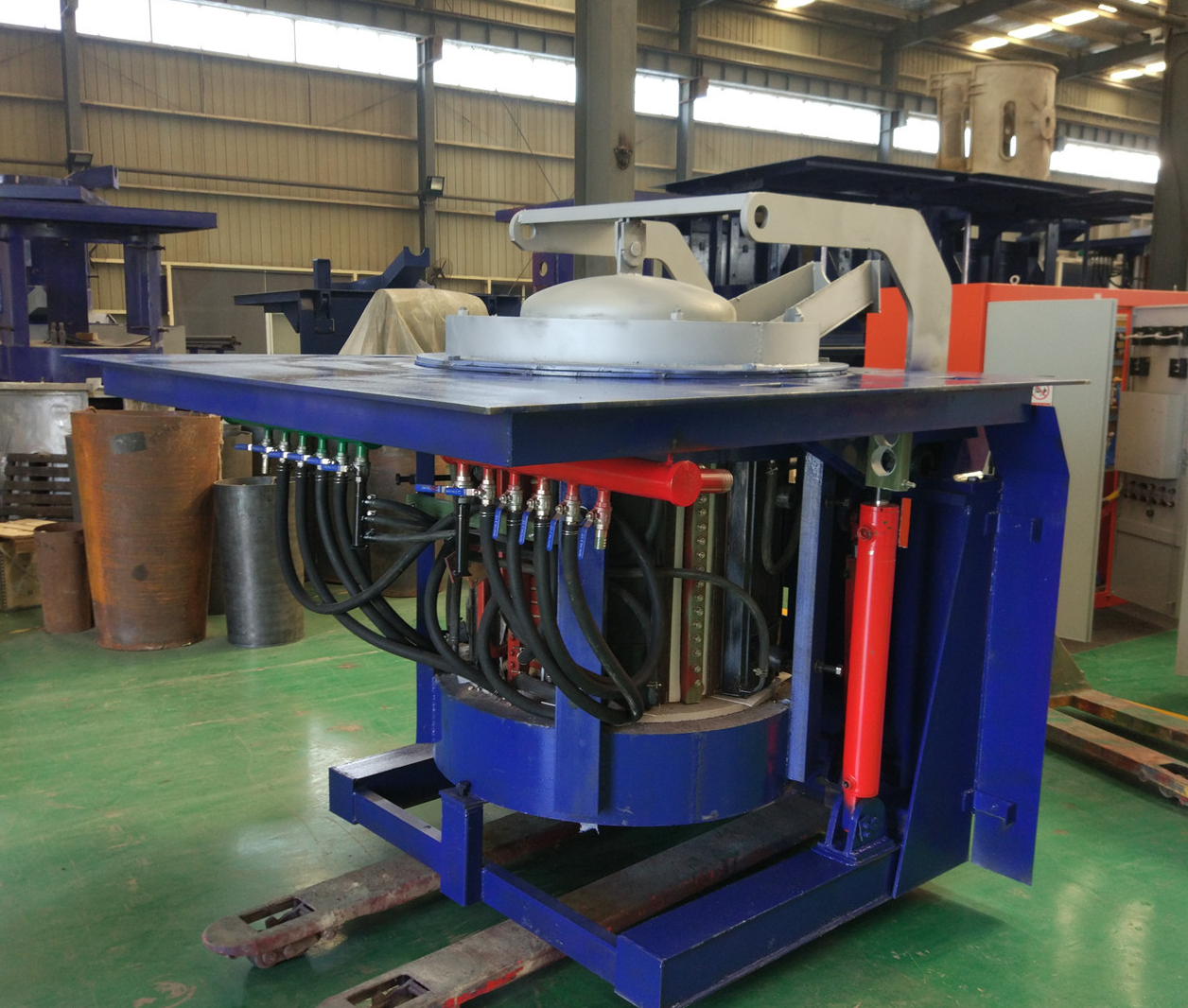
Iron induction furnace
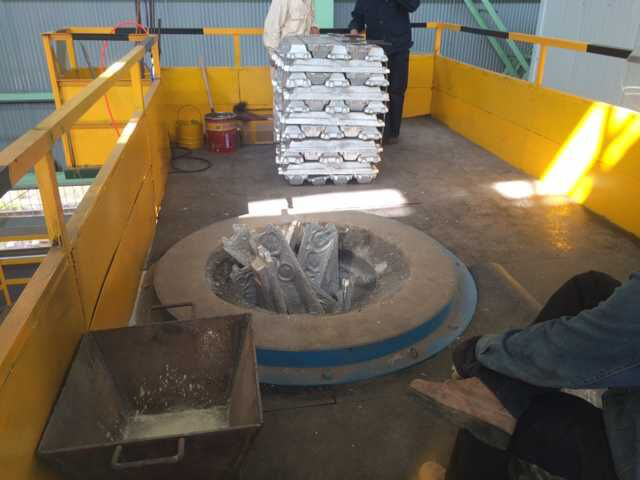
Aluminum melting furnace
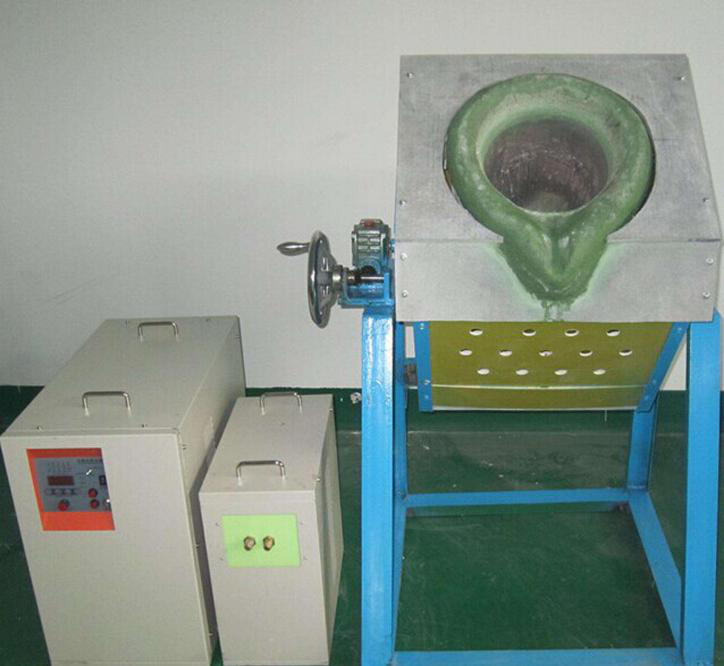
Copper melting furnace
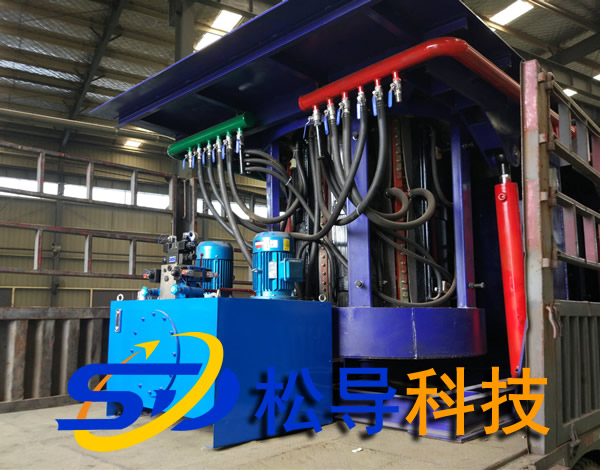
Small steel melting furnace
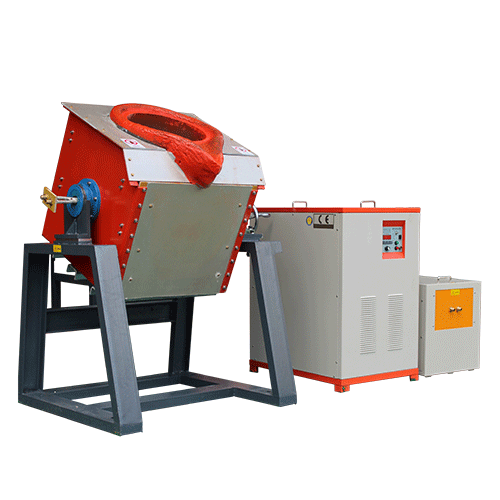
Small induction melting furnace
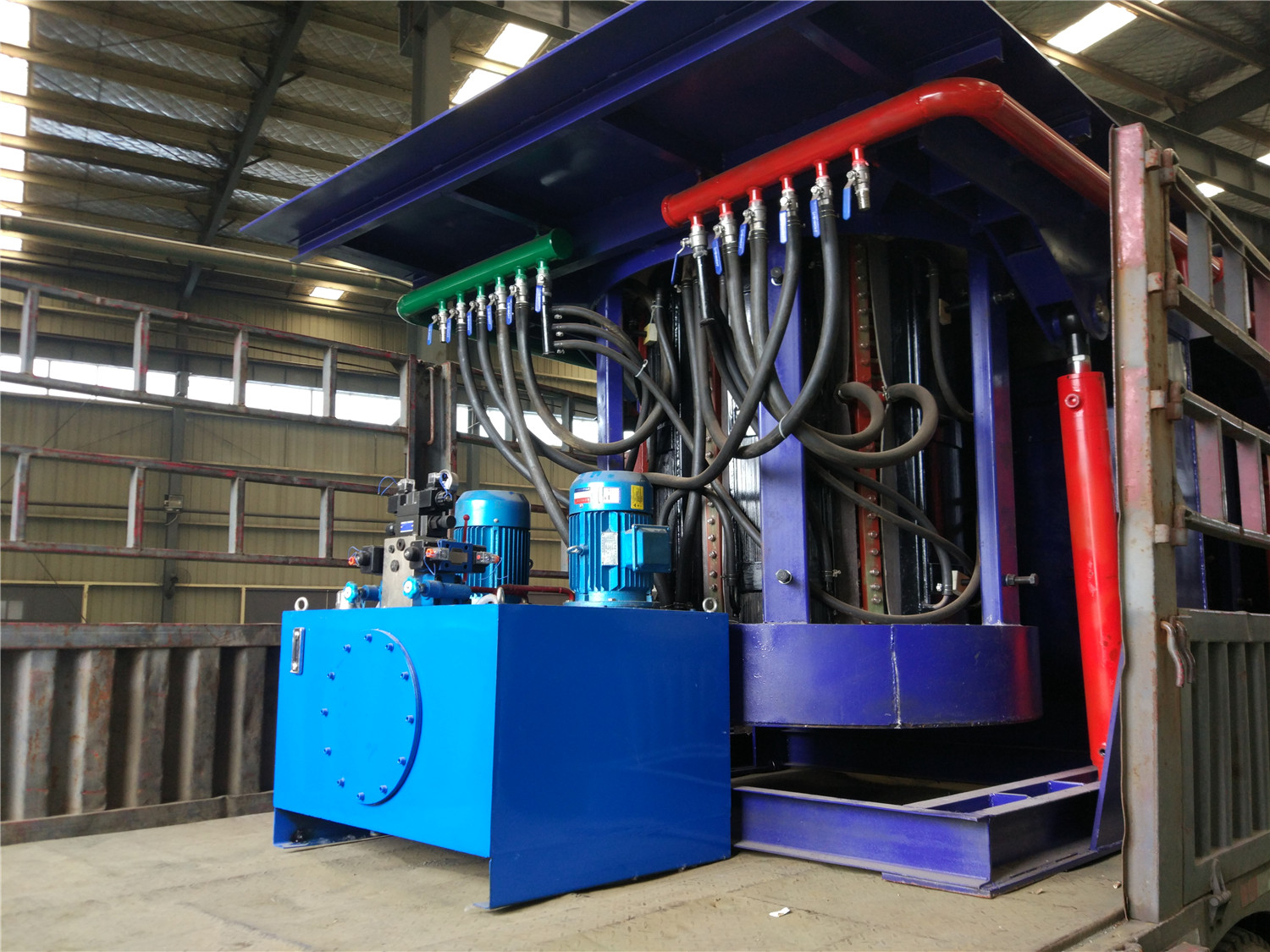
Induction iron furnace
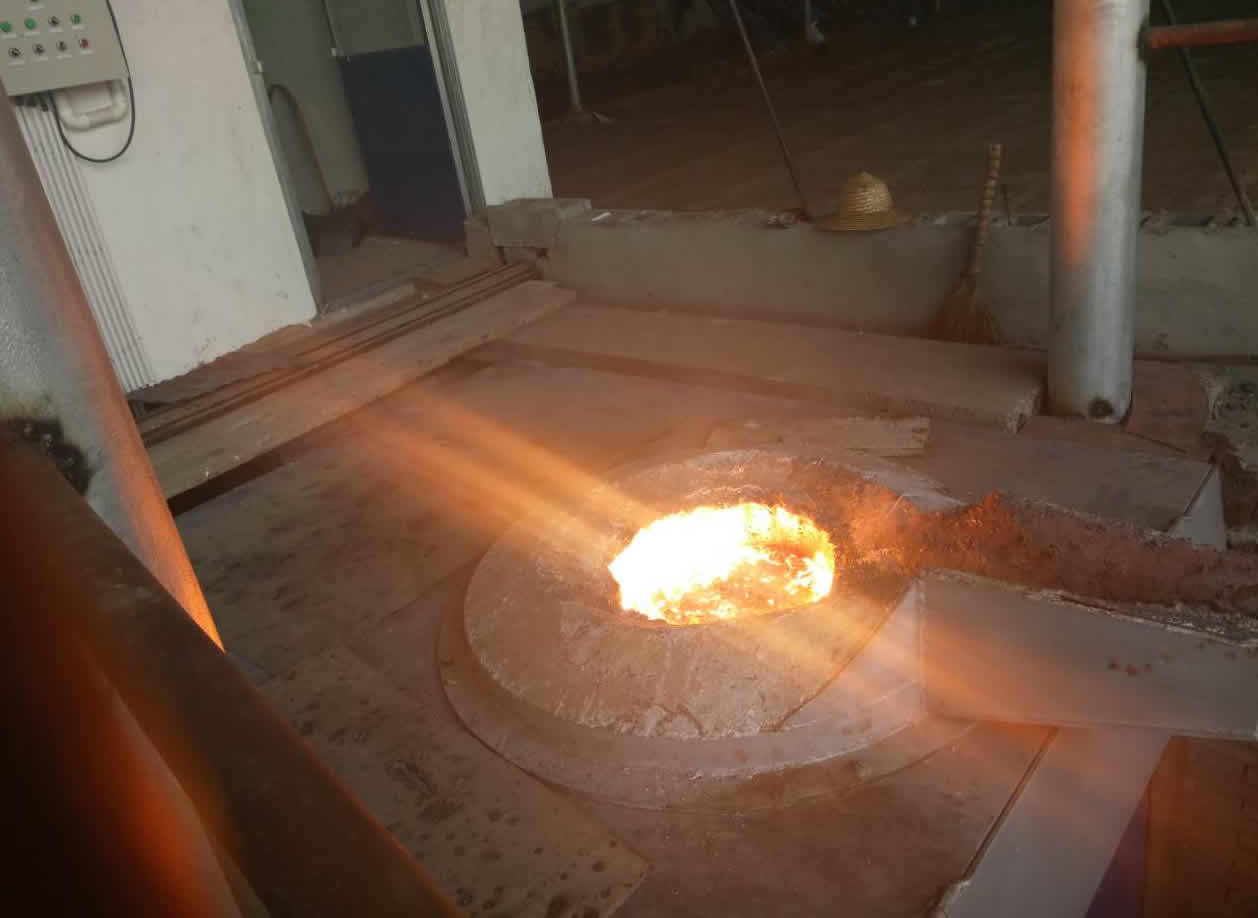
3T intermediate frequency iron melting f
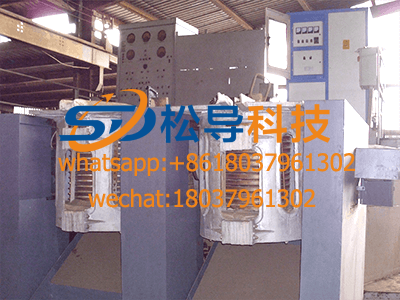
0.25T Intermediate Frequency Furnace
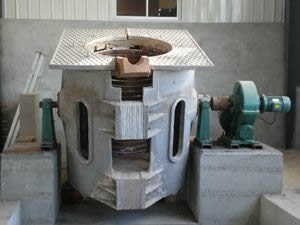
0.5T Intermediate Frequency Furnace
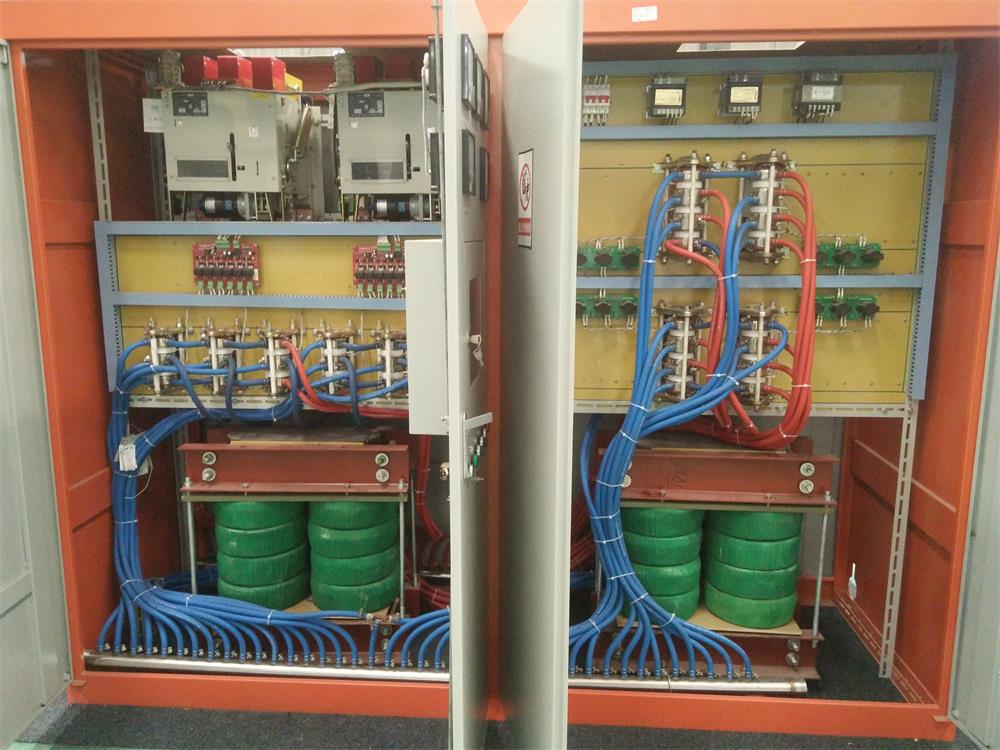
Medium Frequency Furnace

2T Induction Melting Furnace
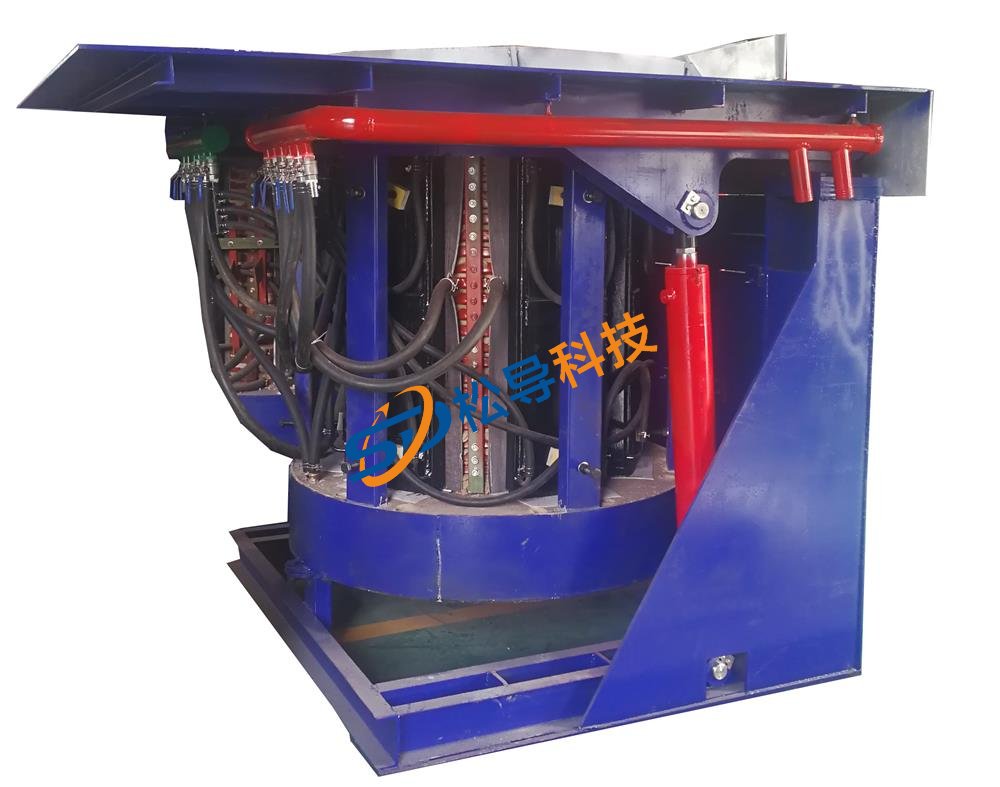
1T Induction Melting Furnace
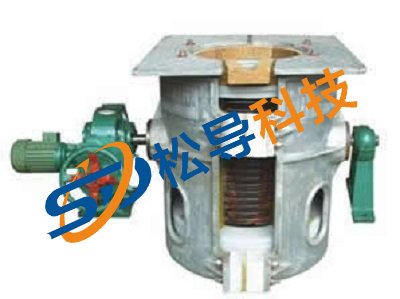
500kg Induction Melting Furnace
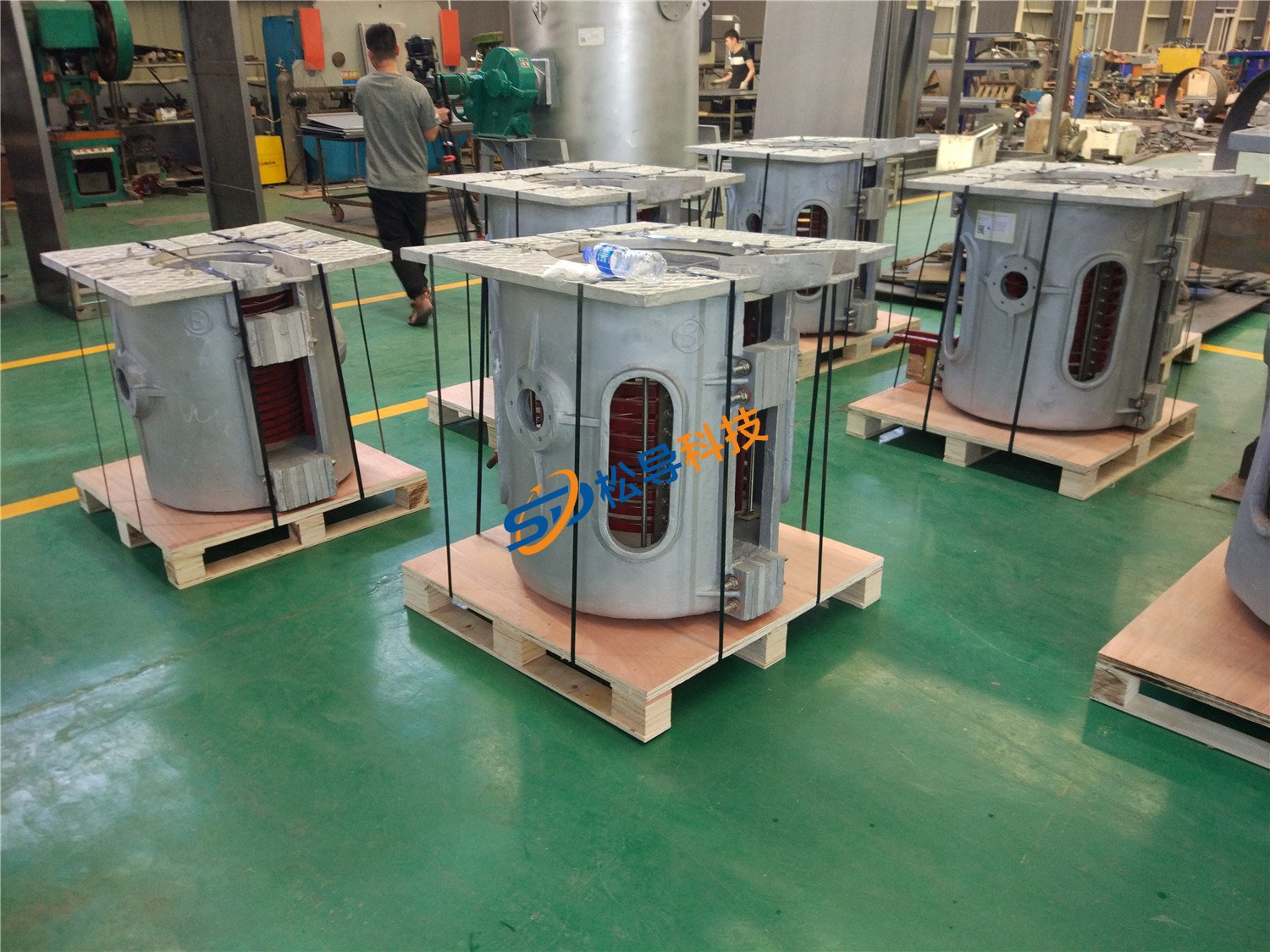
250kg Induction Melting Furnace
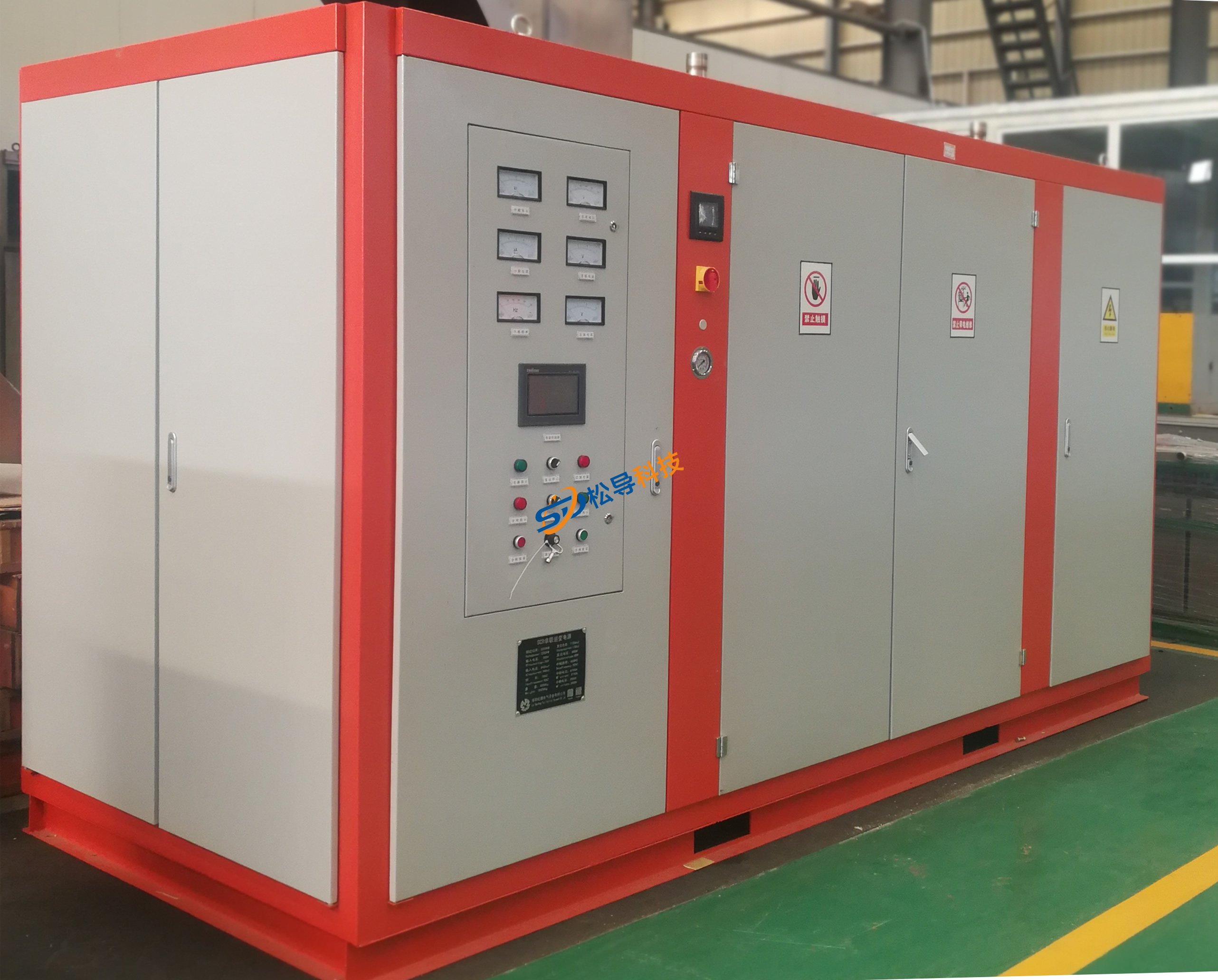
Induction Melting Furnace
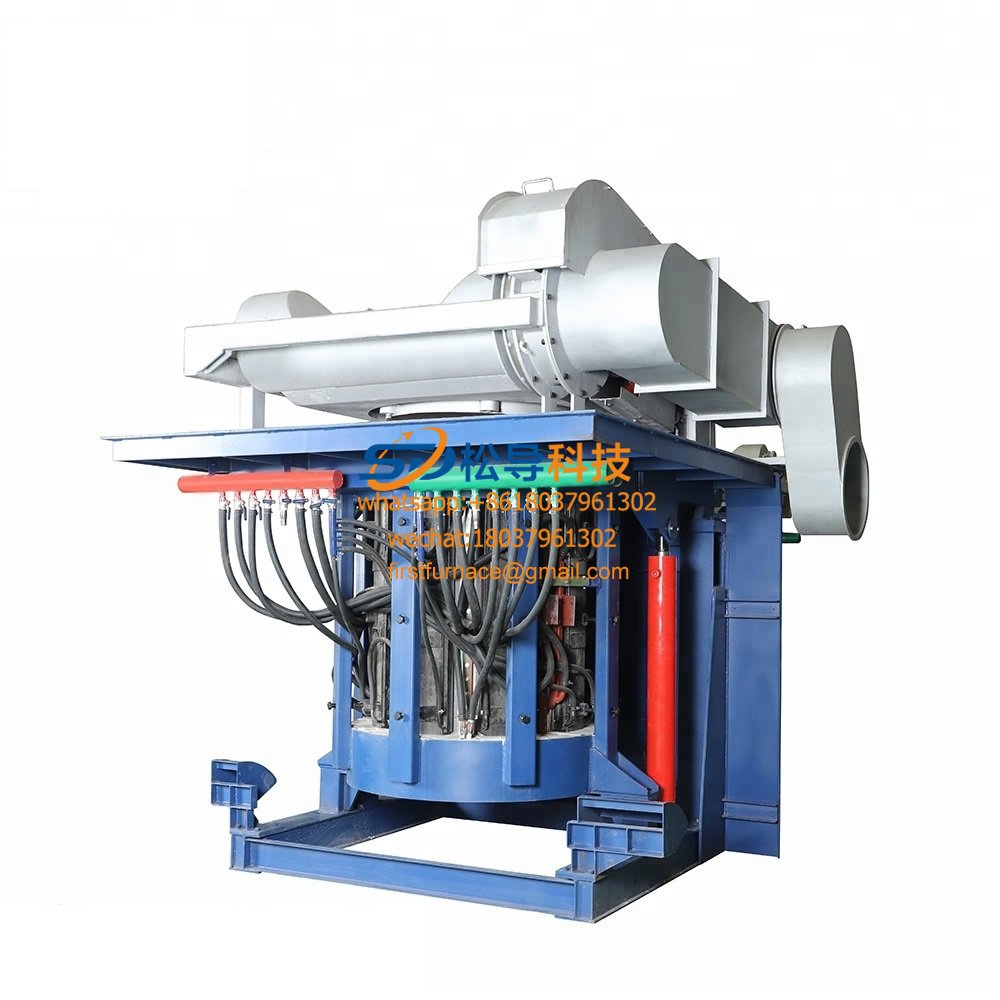
3 T Induction Melting Furnace
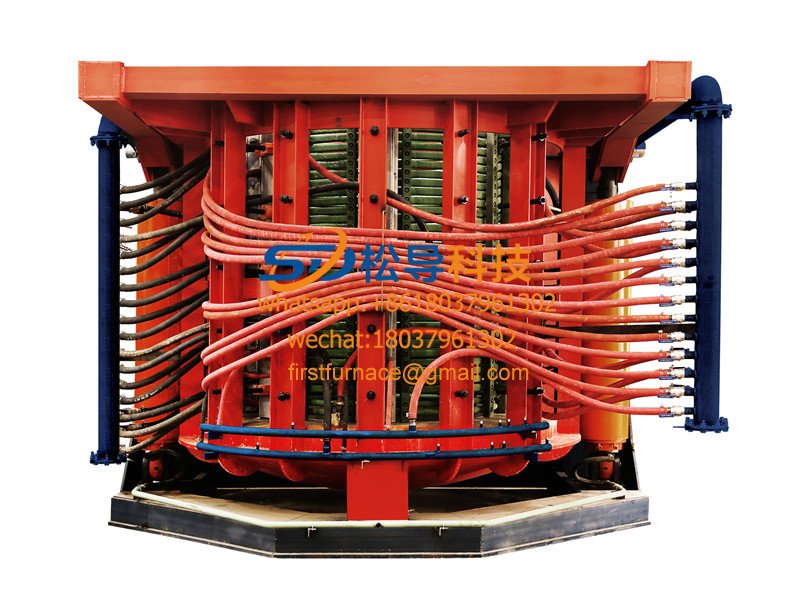
5T Induction Melting Furnace
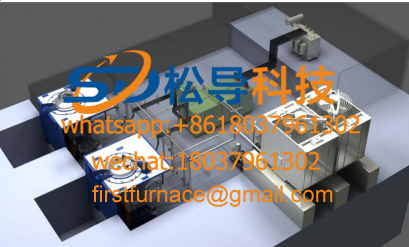
1T One Belt Two Intermediate Frequency F

5T One Belt Two Intermediate Frequency F
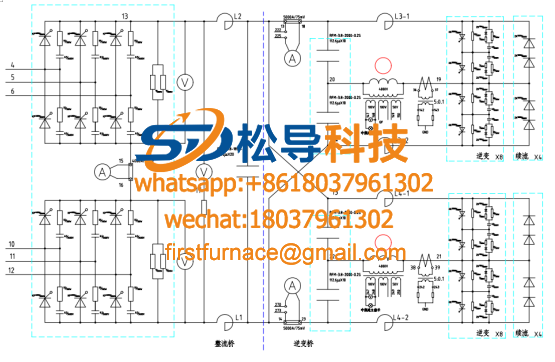
3T One Belt Two Intermediate Frequency F
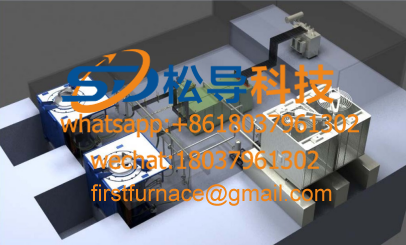
2T One Belt Two Intermediate Frequency F
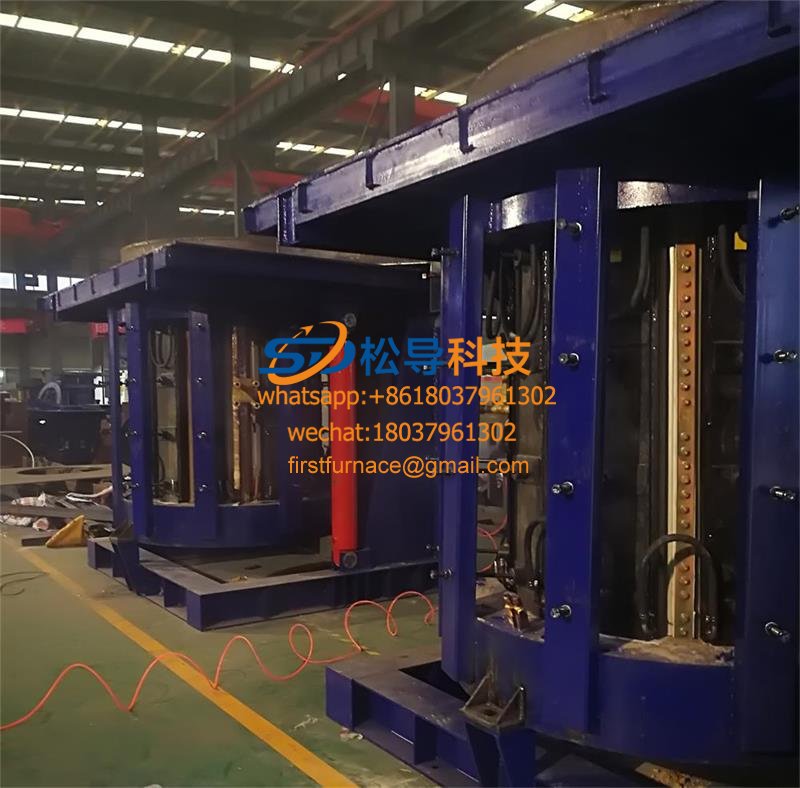
5T Parallel Intermediate Frequency Furna
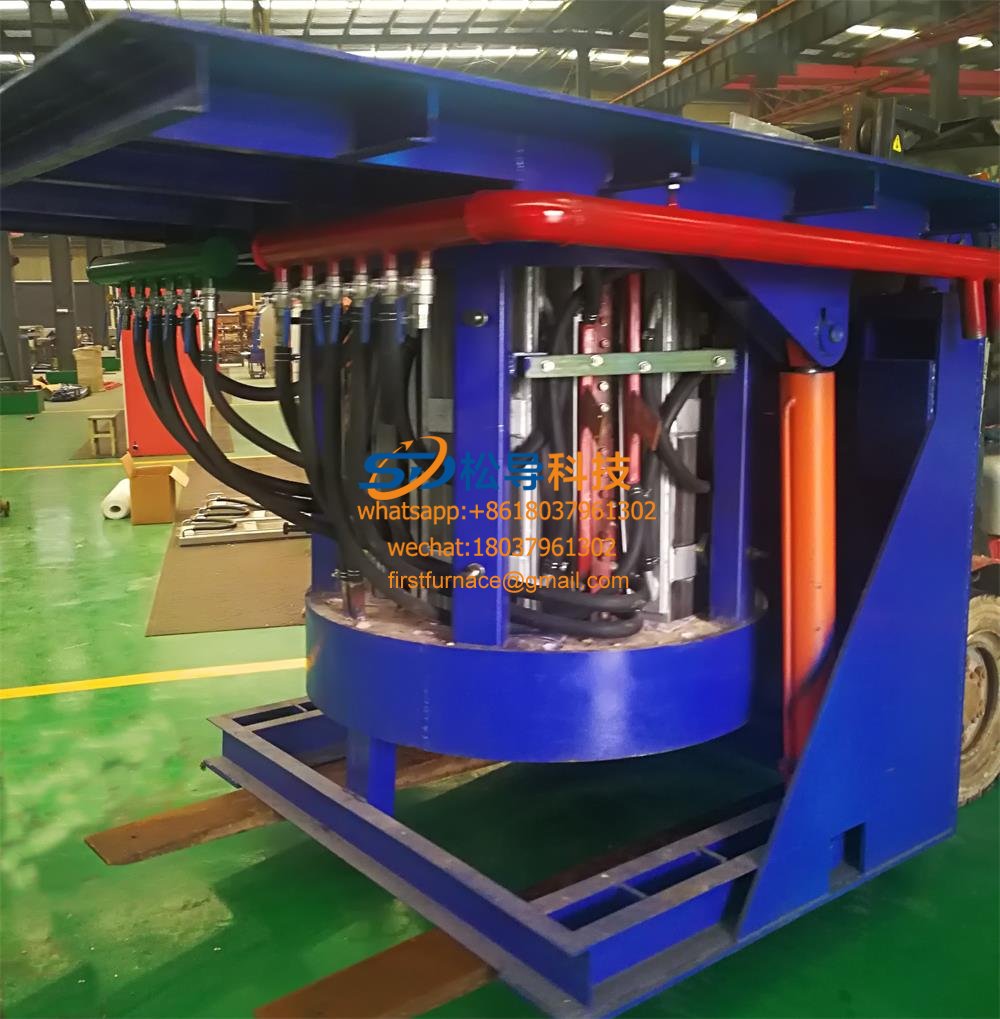
5T Intermediate Frequency Furnace

5T Series Intermediate Frequency Furnace
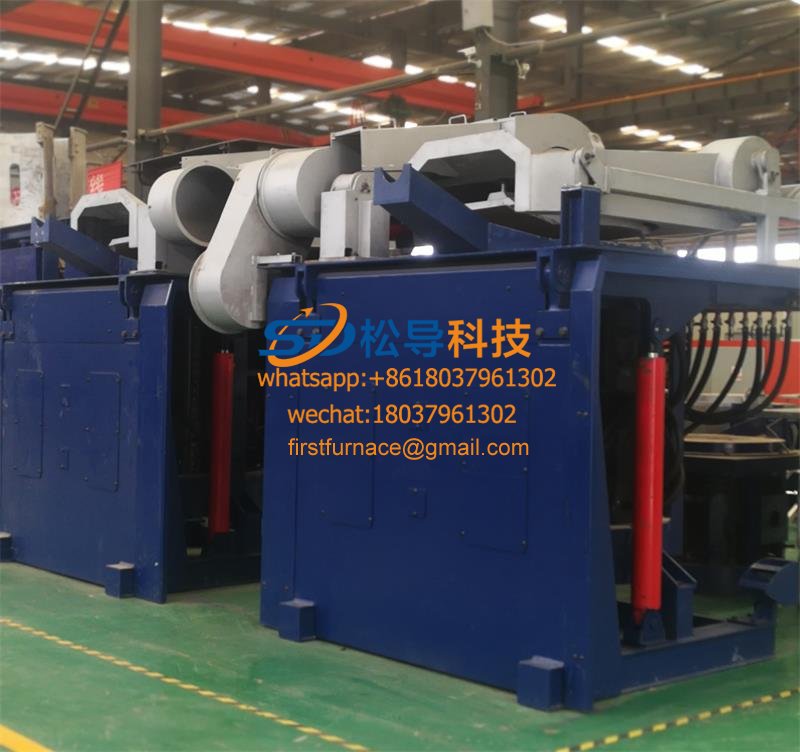
3T Series Intermediate Frequency Furnace
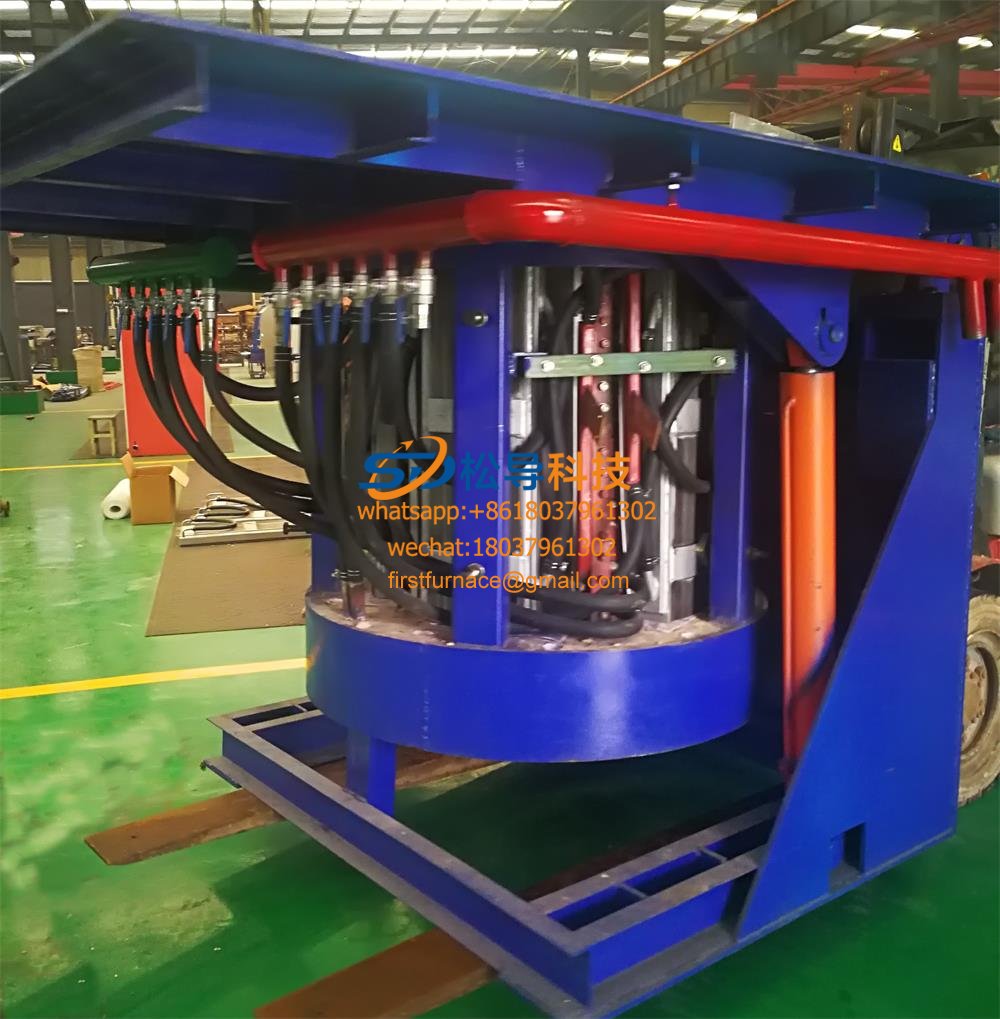
2T Series Intermediate Frequency Furnace
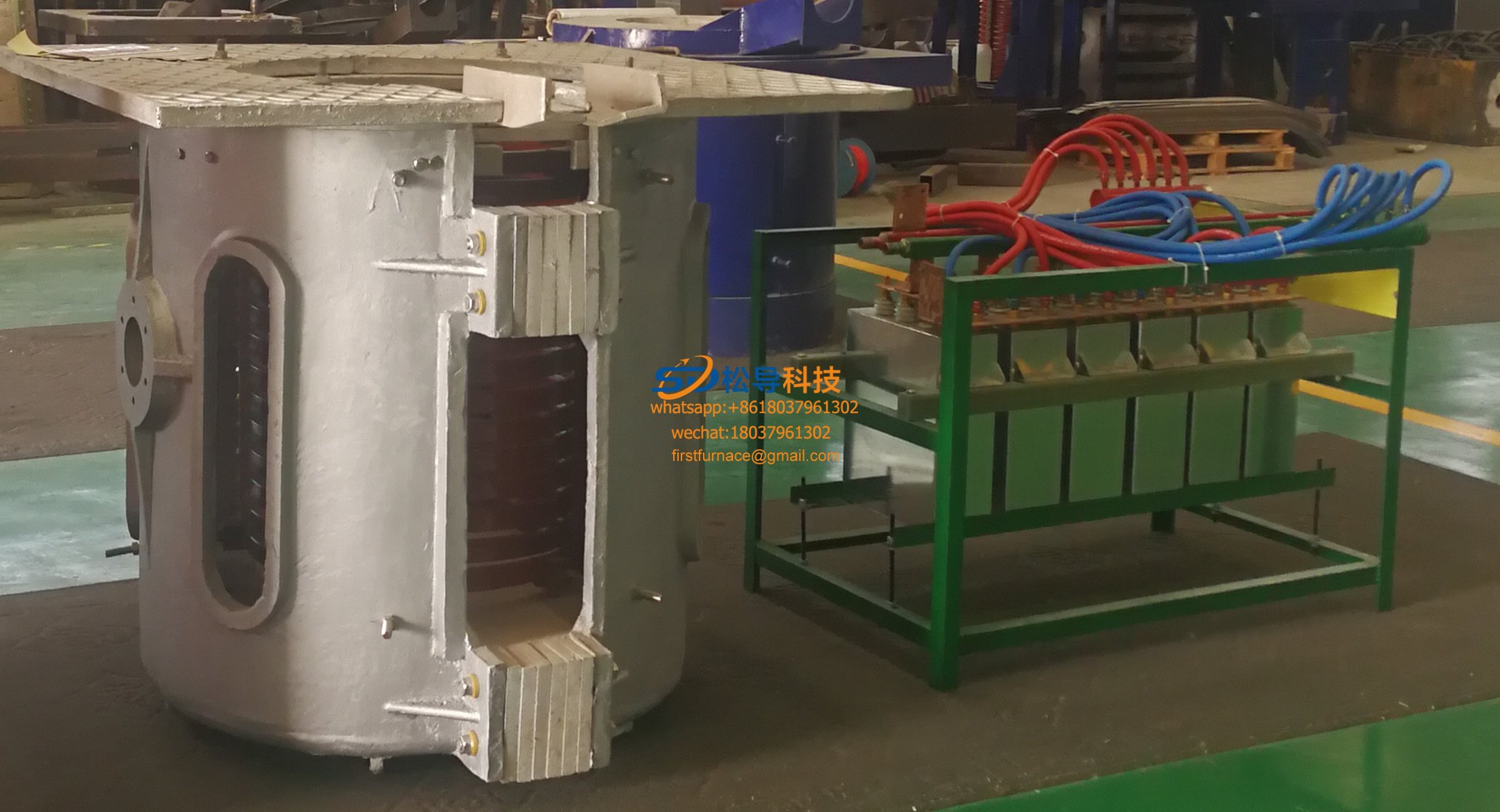
1T Series Intermediate Frequency Furnace
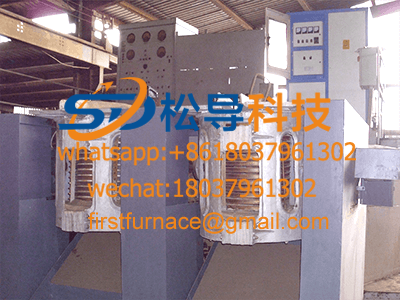
0.5T Series Intermediate Frequency Furna

0.25T Series Intermediate Frequency Furn
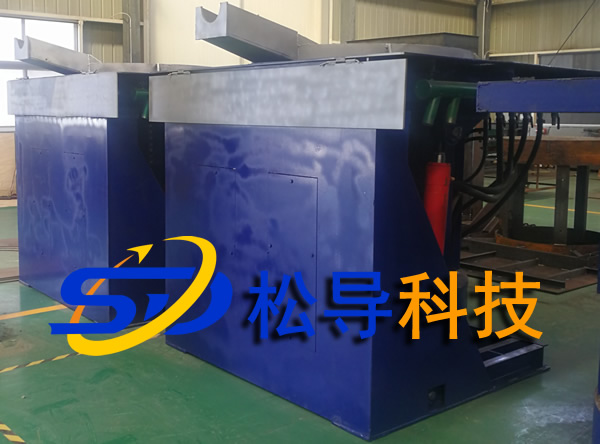
1T Parallel Intermediate Frequency Furna
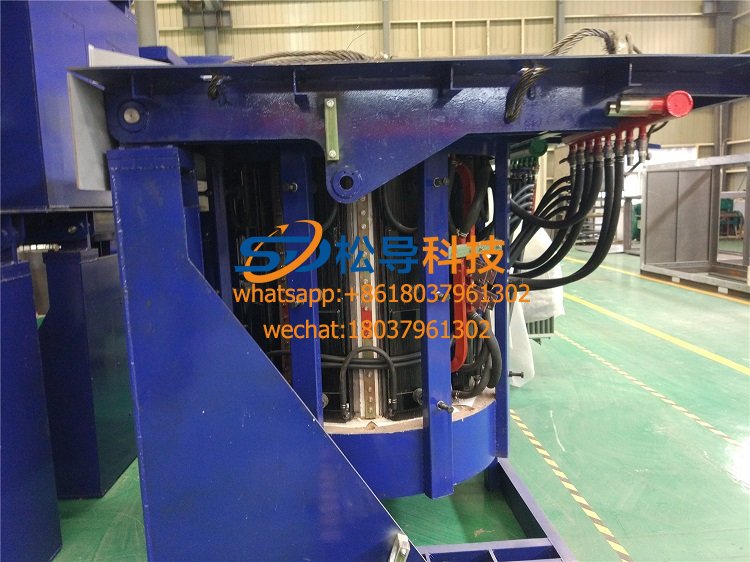
2T Parallel Intermediate Frequency Furna
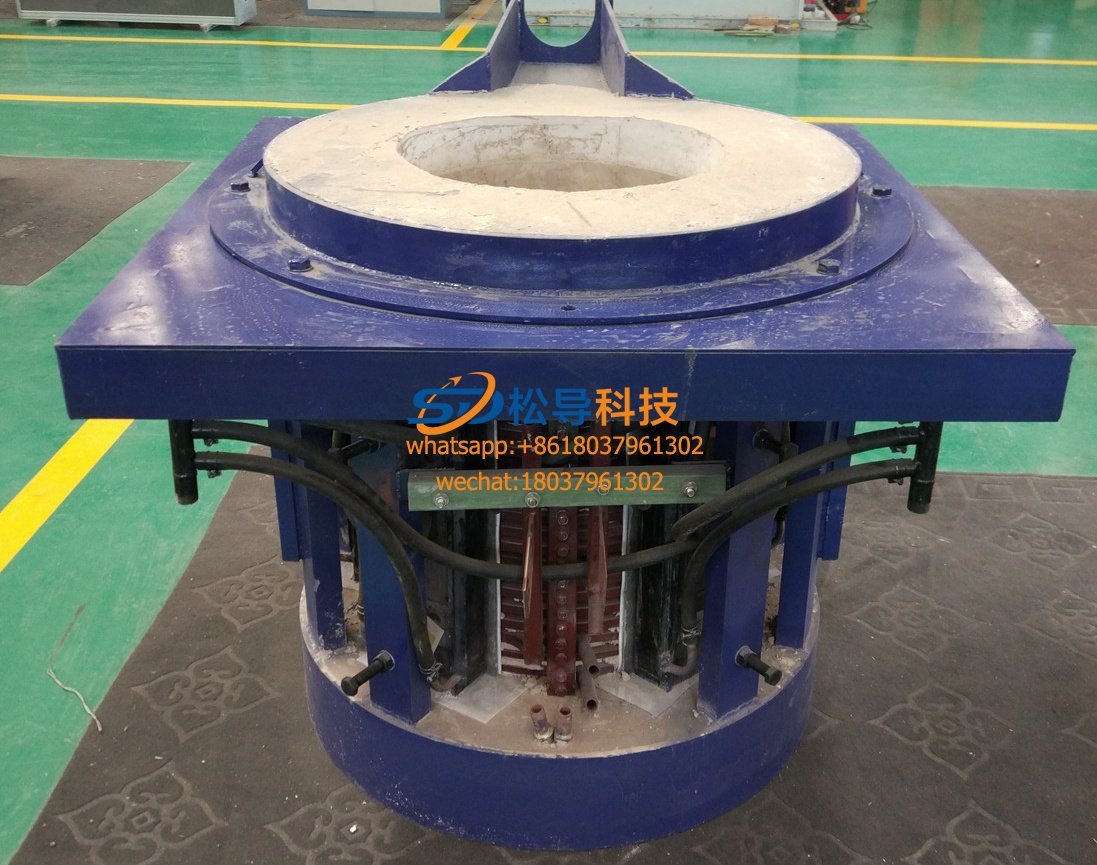
0.5T Parallel Intermediate Frequency Fur






